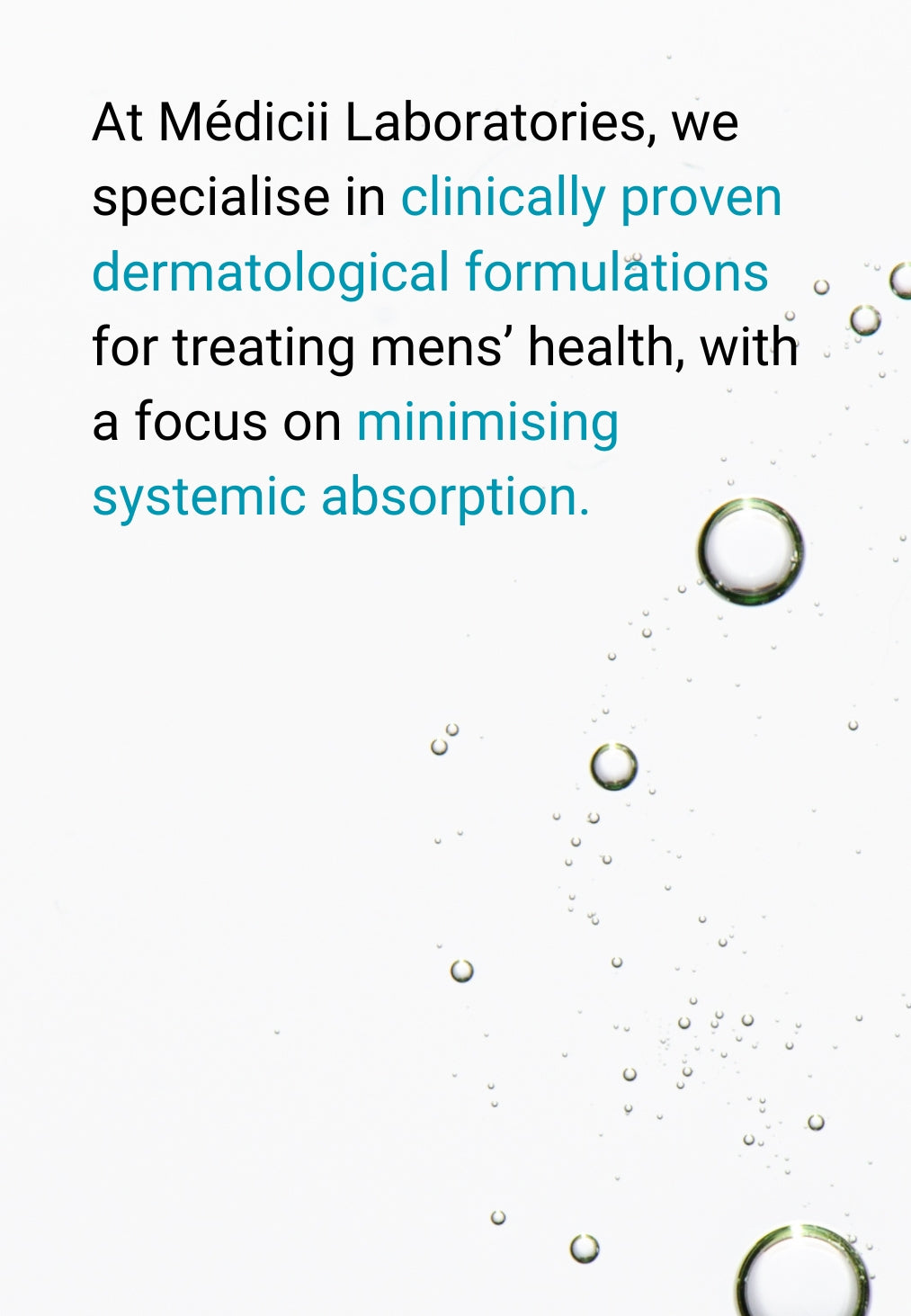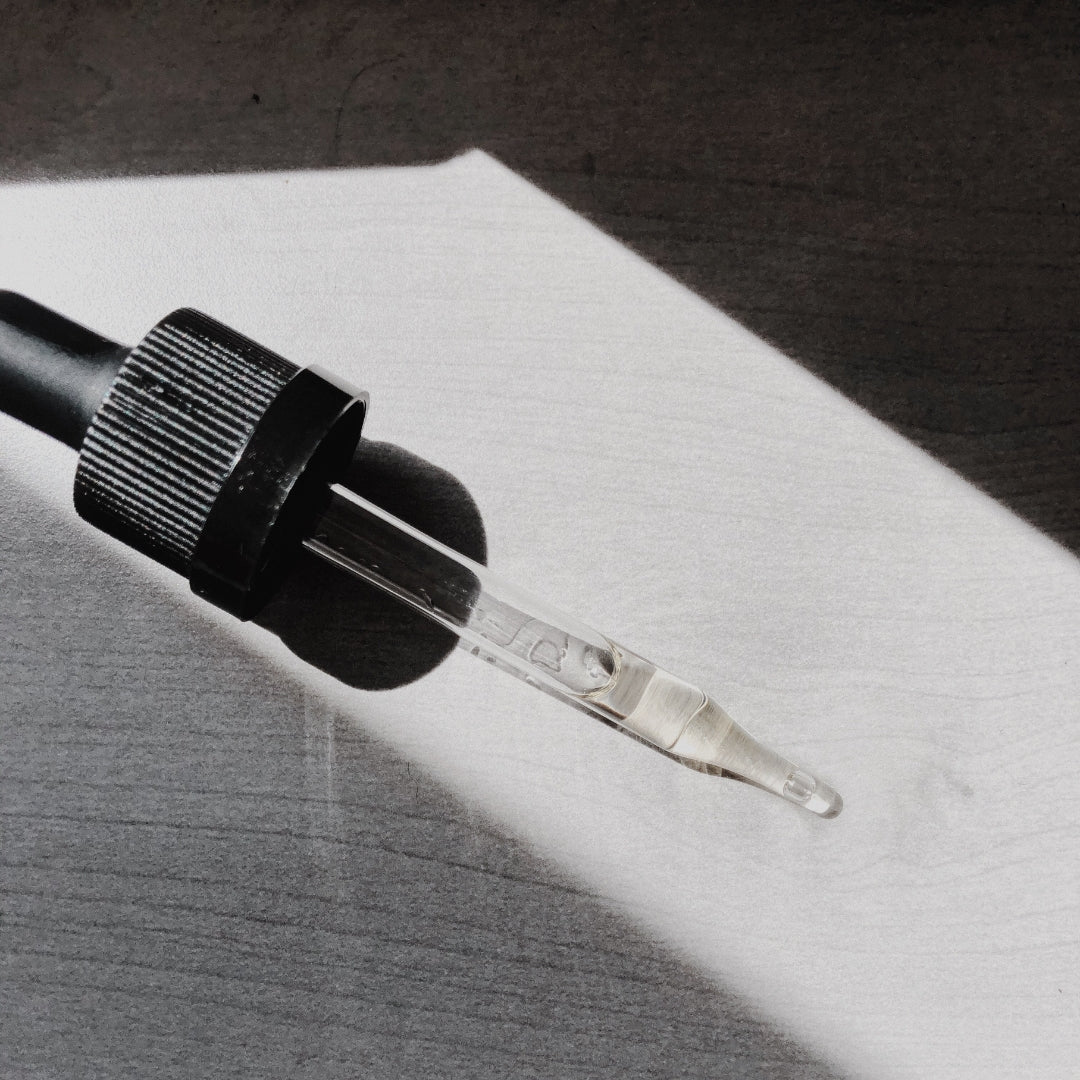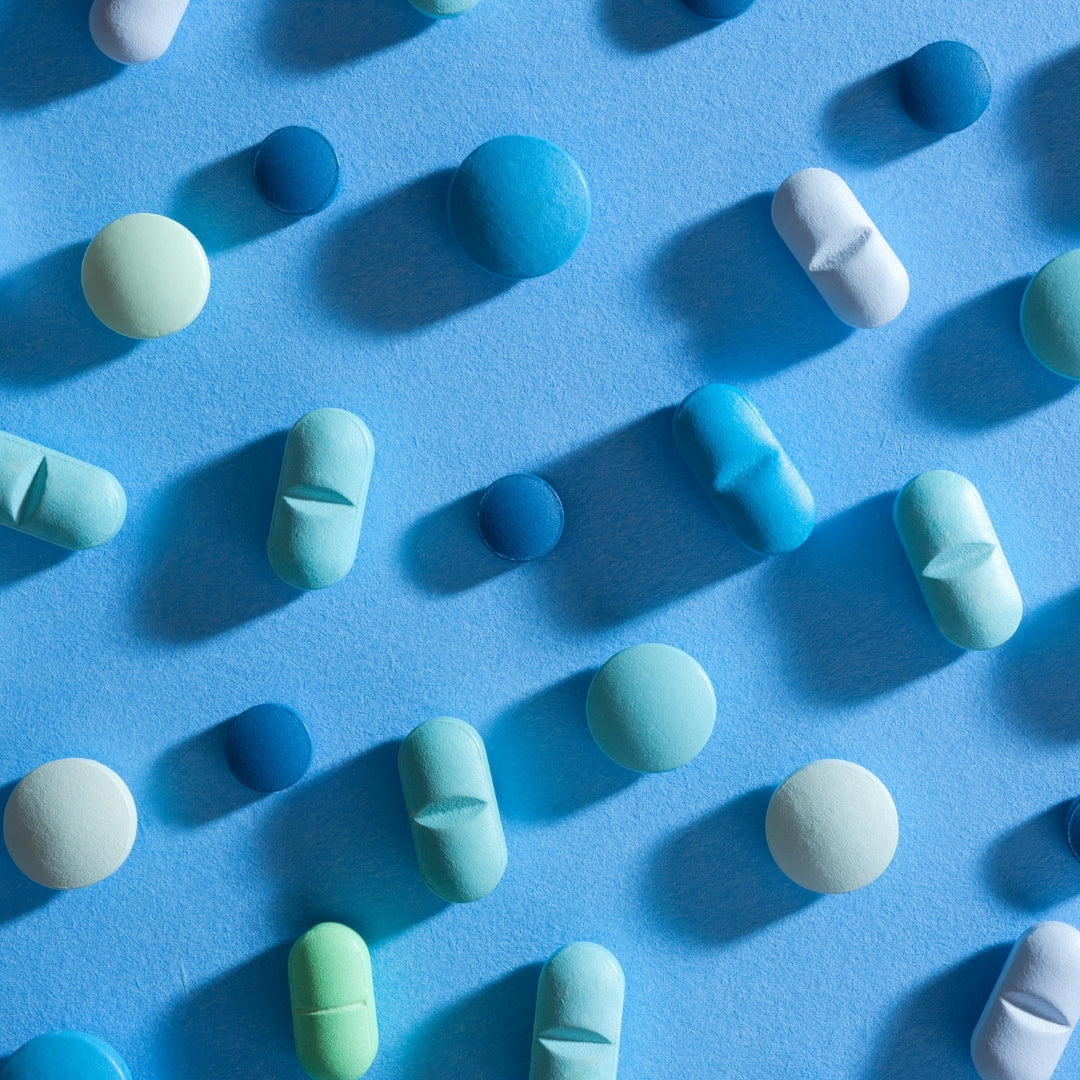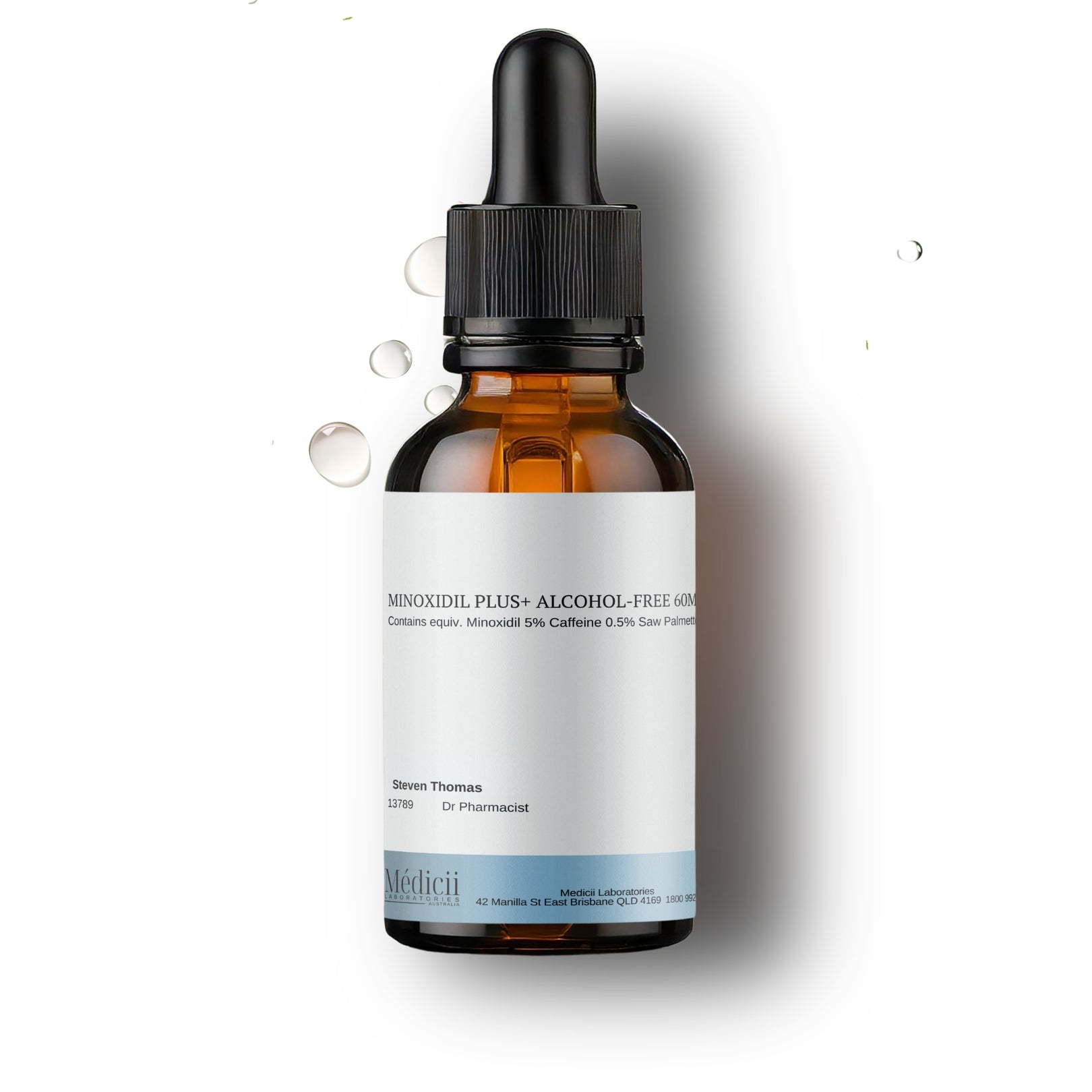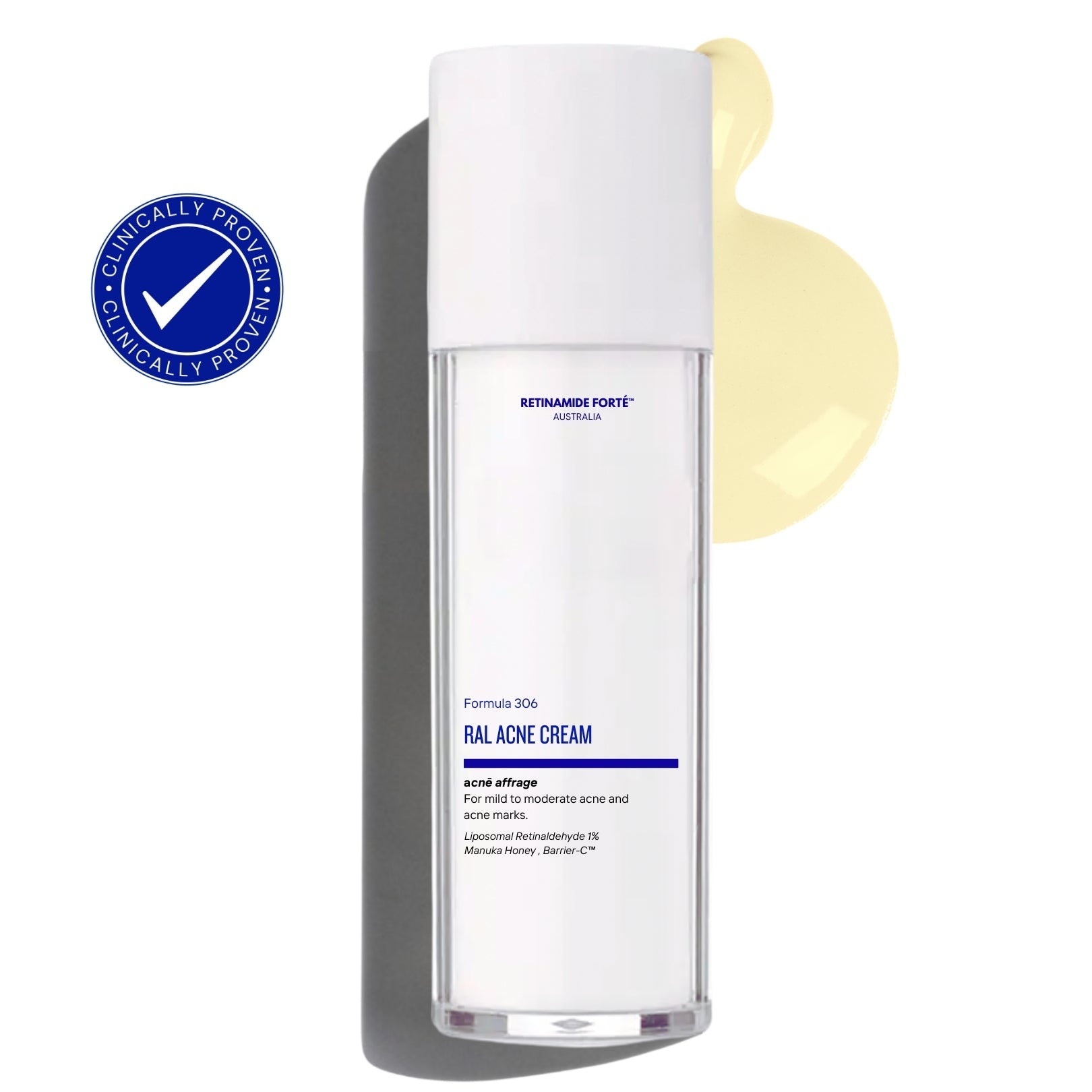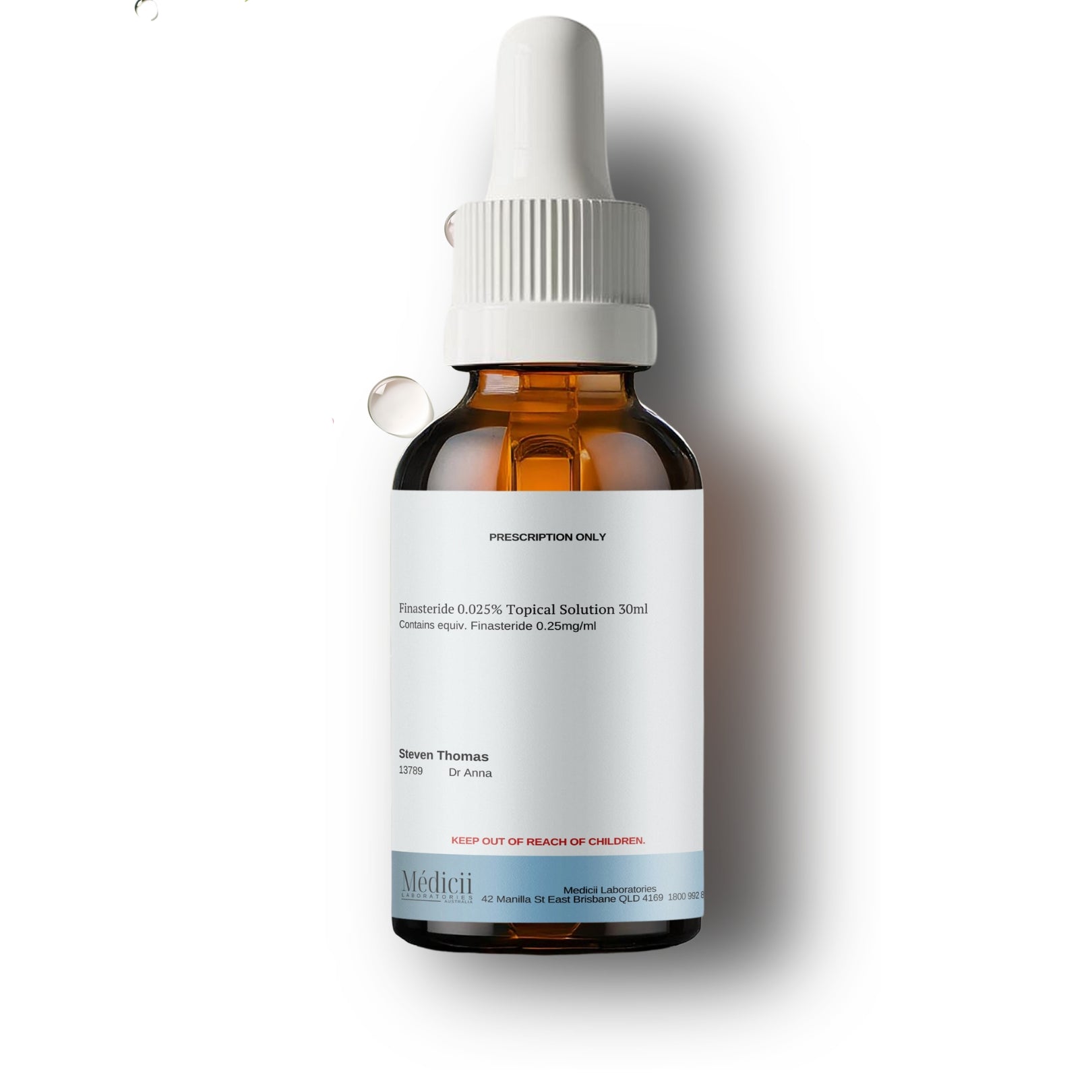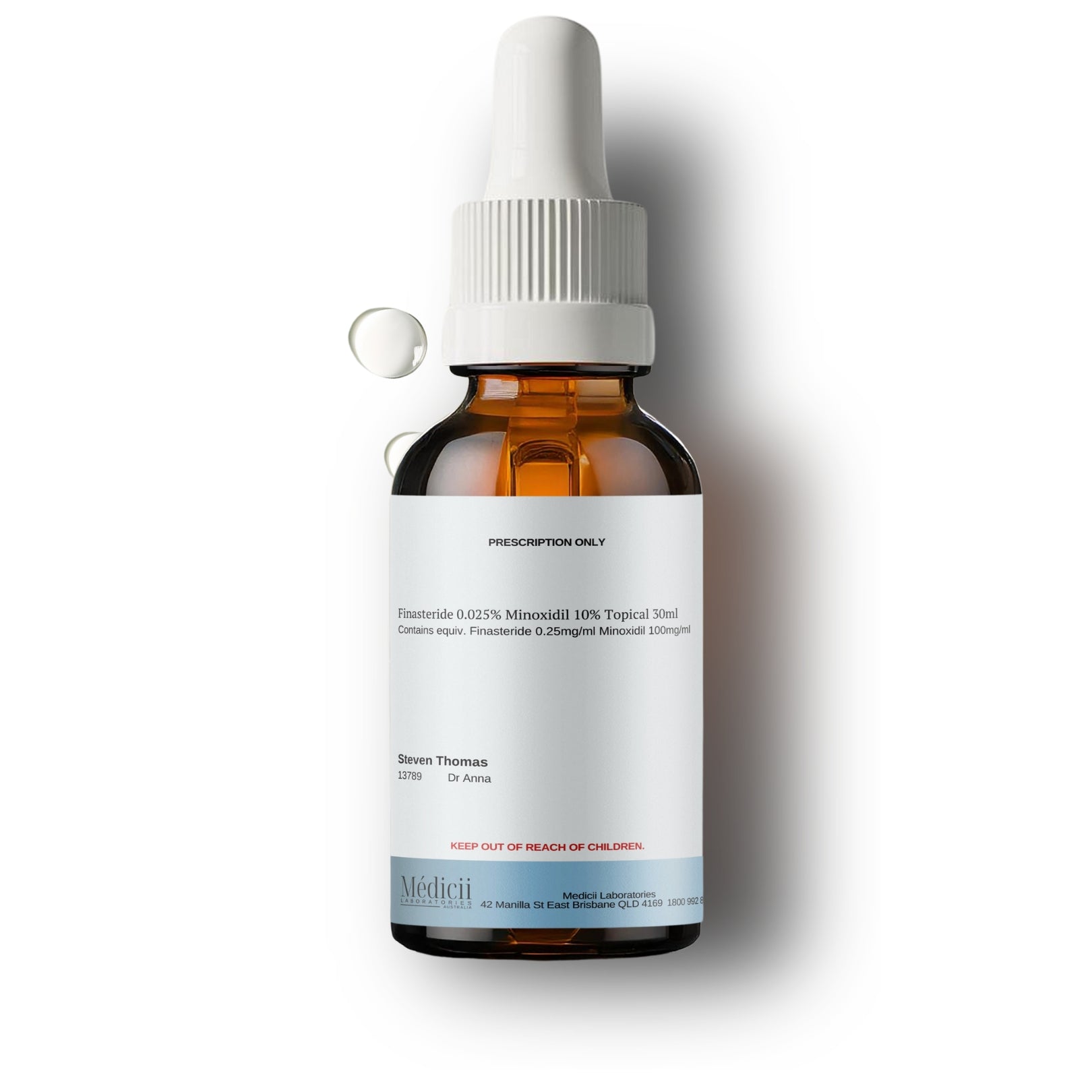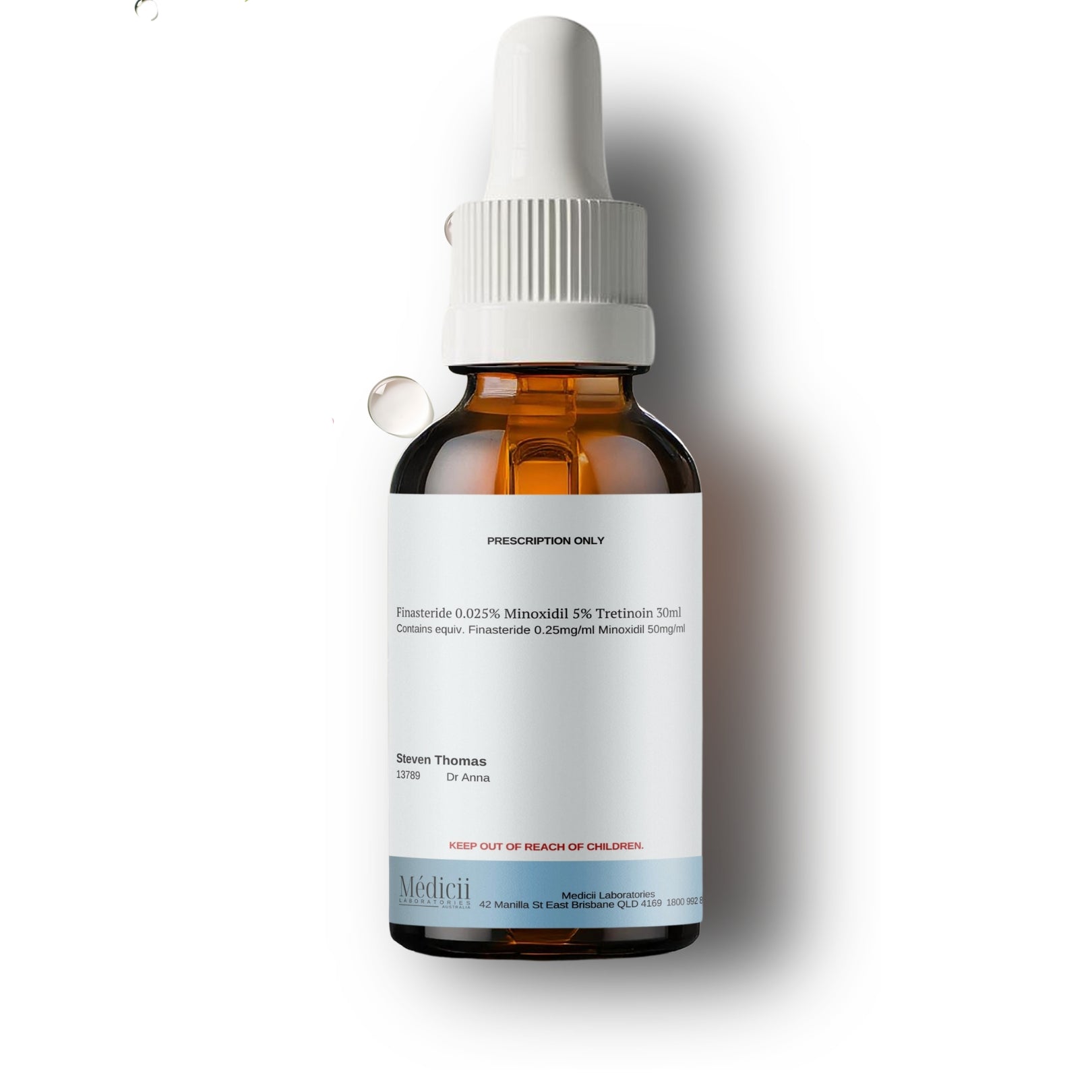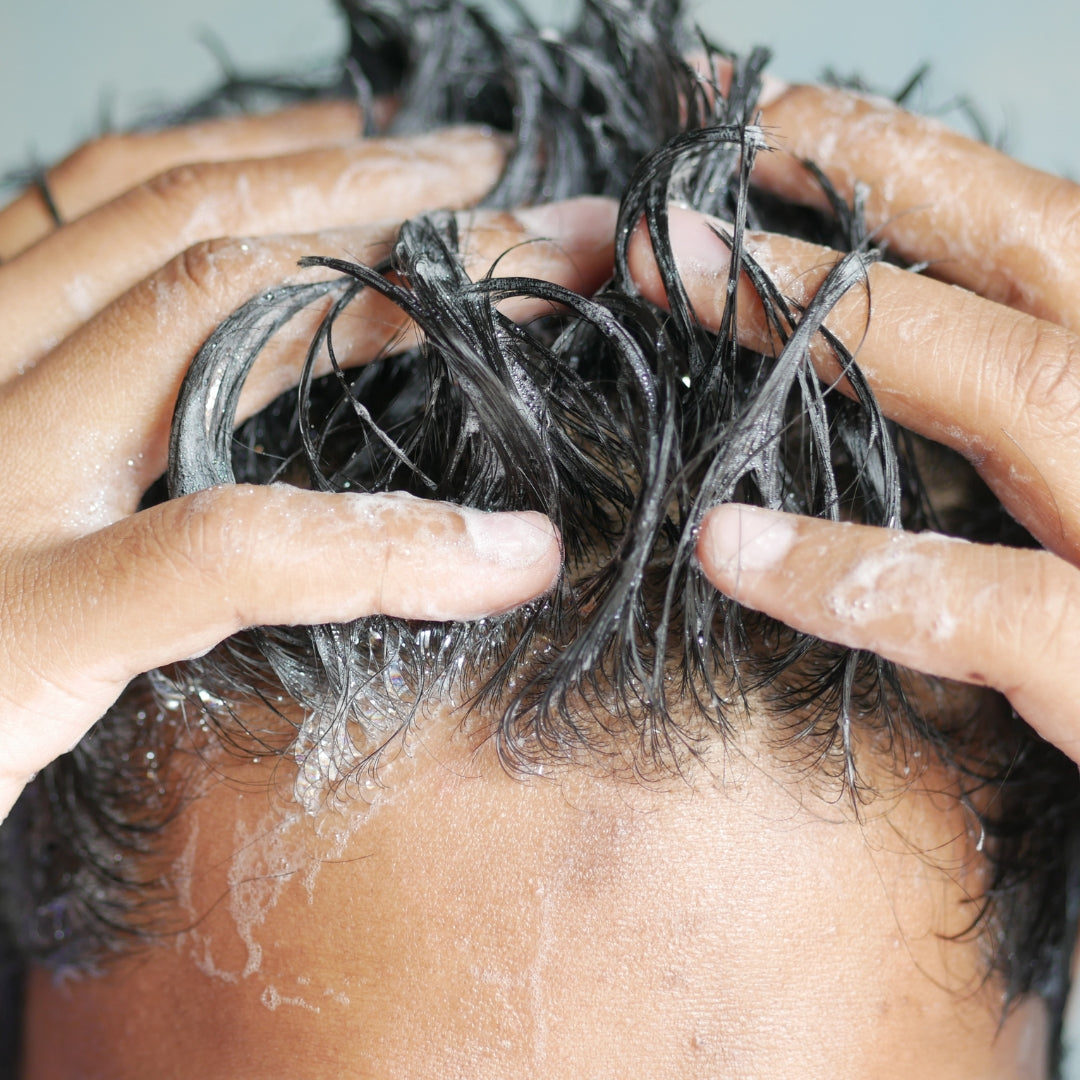
Ketoconazole Shampoo for hair loss
Male pattern baldness, also called androgenetic alopecia (AGA), is the most common form of alopecia found in men. With Male pattern baldness, one experiences miniaturization of the hair follicles and shortening of the anagen (growth) phase in the involved hairs. The main androgen responsible for these changes to the hair follicle is dihydrotestosterone (DHT). Testosterone is converted to DHT by an enzyme, 5-alpha reductase (5AR). Ketoconazole is also known to inhibit 5AR, the enzyme which converts testosterone to DHT.
Preliminary research suggests that ketoconazole shampoo may be beneficial in men suffering from androgenic alopecia. In this article, we explore
- How effective Ketoconazole is for male pattern baldness?
- Should you use 1% or 2% Ketoconazole shampoo and
- Should you include it in your weekly routine?
What is Ketoconazole?
ketoconazole is an anti-fungal medicine that also has anti-inflammatory and DHT reducing properties. Currently, only 2% ketoconazole is clinically shown to improve pattern hair loss. Ketoconazole shampoo is also effective for the treatment of a scalp fungal infection caused by Malassezia spp overgrowth and skin flaking from seborhheic dermatitis.
A study published in 1998 comparing Ketoconazole 2% shampoo with and without Minoxidil therapy showed hair density, size and proportion of anagen follicles were improved almost similarly by both Ketoconazole and Minoxidil regimens. There was marked reduction in sebum levels in the Ketoconazole group compared to the Minoxidil group, suggesting that reducing scalp inflammation might improve alopecia.
Should everyone who have hair loss add Ketoconazole shampoo to their hair routine?
Malassezia overgrowths and seborrheic dermatitis are often observed alongside pattern hair loss. These conditions lead to excessive sebum production and scalp flaking (i.e., dandruff), and thereby may accelerate AGA by increasing overall scalp inflammation.
If you have either of these conditions, adding Ketoconazole 2% shampoo to your hair loss regimen can help improve hair count by reducing inflammation to the hair follicles.
References:
- Pierard-Franchimont, C et al. Ketoconazole shampoo: effect of long-term use in androgenic alopecia. Journal of Dermatology (1998);196(4):474-7. doi: 10.1159/000017954.
- Rafi, A et al. Pilot Study of 15 Patients Receiving a New Treatment Regimen for Androgenic Alopecia: The Effects of Atopy on AGA. Journal of Dermatology (2011). doi: 10.5402/2011/241953.

